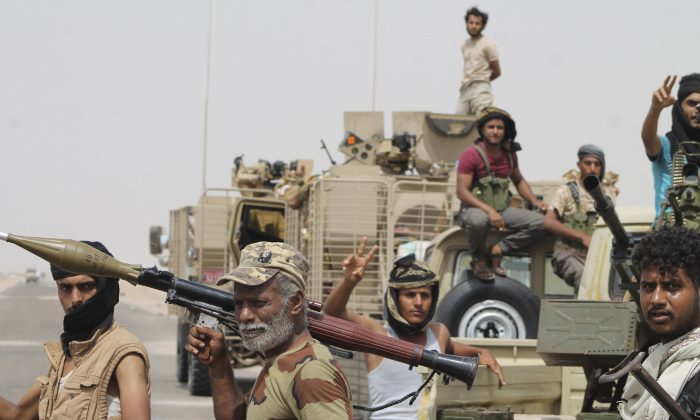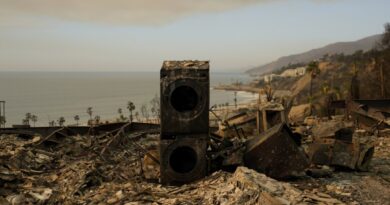Houthi Rebels from Yemen Take Credit for Recent Red Sea Attack
U.S. Central Command later conducted a successful operation to eliminate two missile systems in a Houthi-controlled region of Yemen.
The Iranian backed Houthi rebels launched attacks on two additional crude oil tankers on Monday as they passed through the international shipping corridor in the southern Red Sea off Yemen.
A spokesperson for the terrorist organization has claimed responsibility for one of the attacks so far, and U.S. officials have attributed the second tanker attack to the group as well.
According to CENTCOM, the Amjad is carrying two million barrels of oil. Meanwhile, the Greek tanker Delta Sounion, which was attacked by the Houthis on Aug. 21, remains disabled and on fire in the Red Sea, posing a threat of a significant environmental crisis.
“These senseless acts of terrorism by the Houthis continue to disrupt regional and global trade, endangering the lives of civilian mariners and maritime ecosystems,” stated CENTCOM.
“U.S. Central Command remains committed to collaborating with international partners and allies to safeguard trade and minimize potential environmental impacts despite the irresponsible actions of the Iranian-backed Houthis.”
Houthis Claim Responsibility
The Houthi rebels claim the attacks are in solidarity with Palestinians in Gaza and intended to pressure Israel to cease its conflict with Hamas, which has resulted in the deaths of over 40,000 individuals, according to the Gaza Health Ministry, which does not differentiate between civilians and combatants.
Saree indicated that the “specific military operation” was carried out because the tanker was owned by a company that supports Israel.
“The ship was targeted due to violations of the prohibition on accessing ports of occupied Palestine by the owning company,” he stated.
“The Yemeni Armed Forces reiterate their warning to all companies engaged with the Israeli enemy that their ships will be targeted while traversing the designated area of naval operations, regardless of their destination.”
“It was determined that these systems posed an immediate threat to U.S. and coalition forces, as well as merchant vessels in the region,” stated the governmental agency.
“These measures were taken to safeguard the freedom of navigation and enhance the safety and security of international waters for U.S., coalition, and merchant vessels.”





